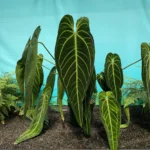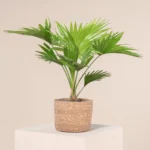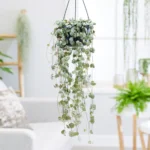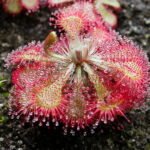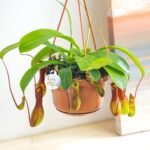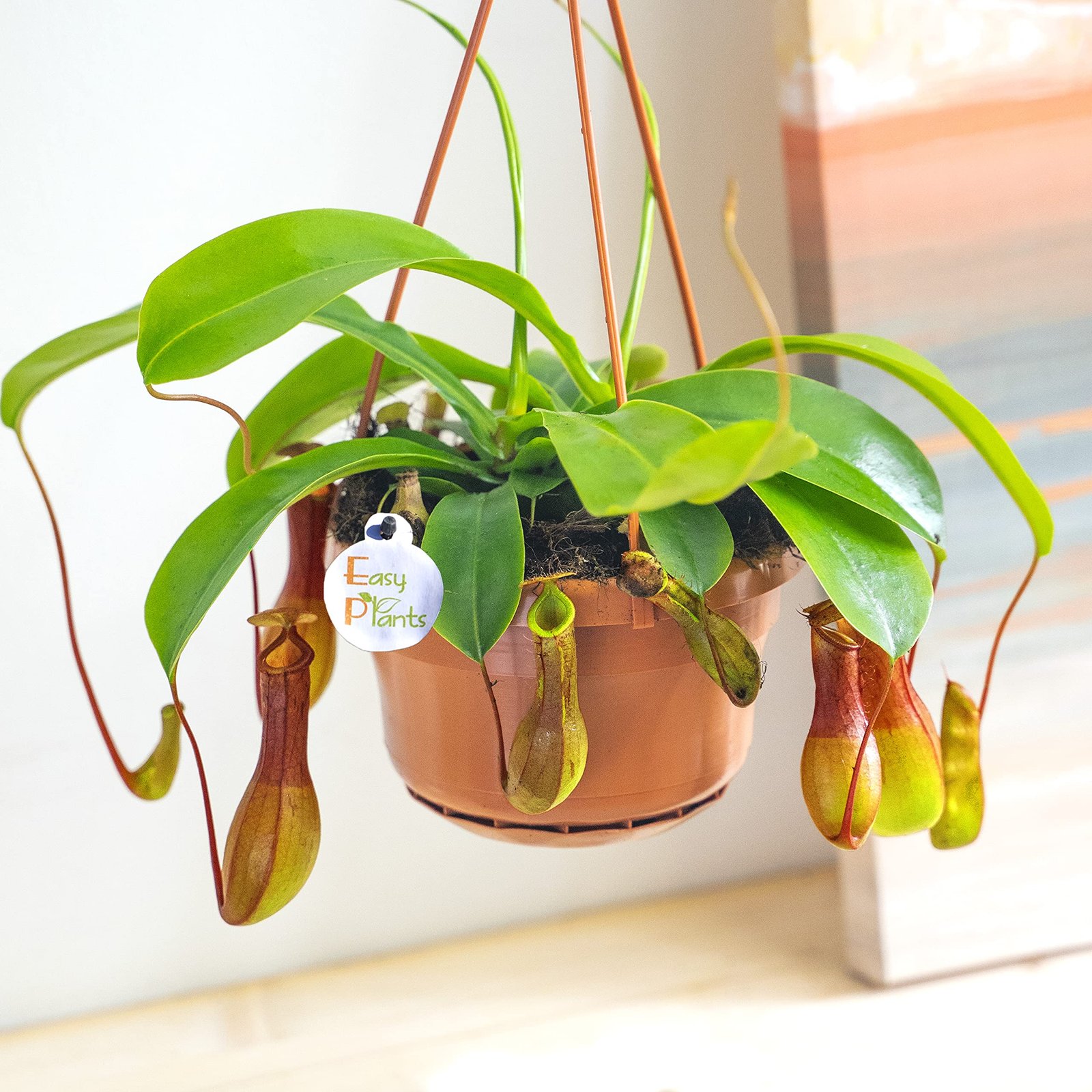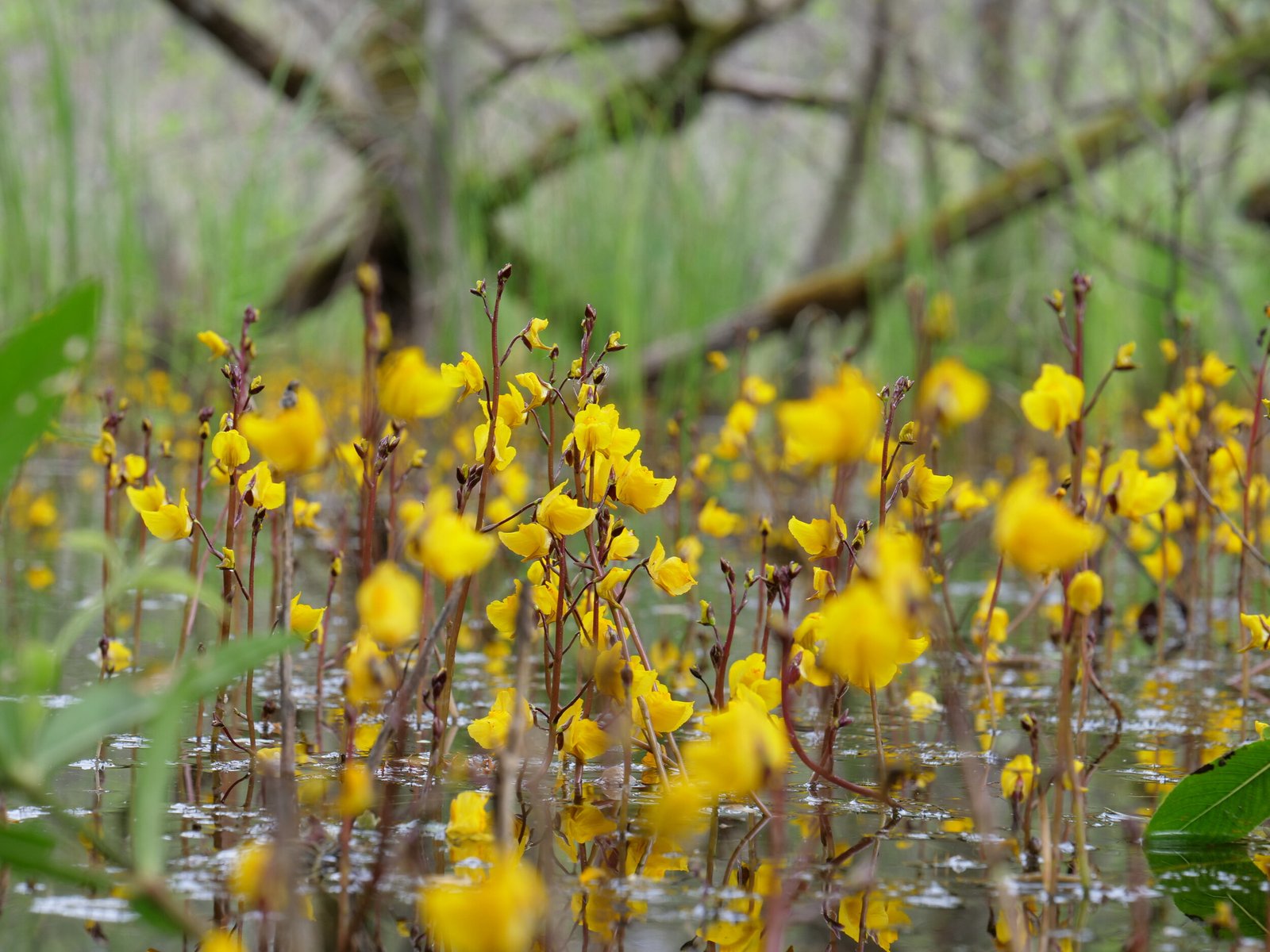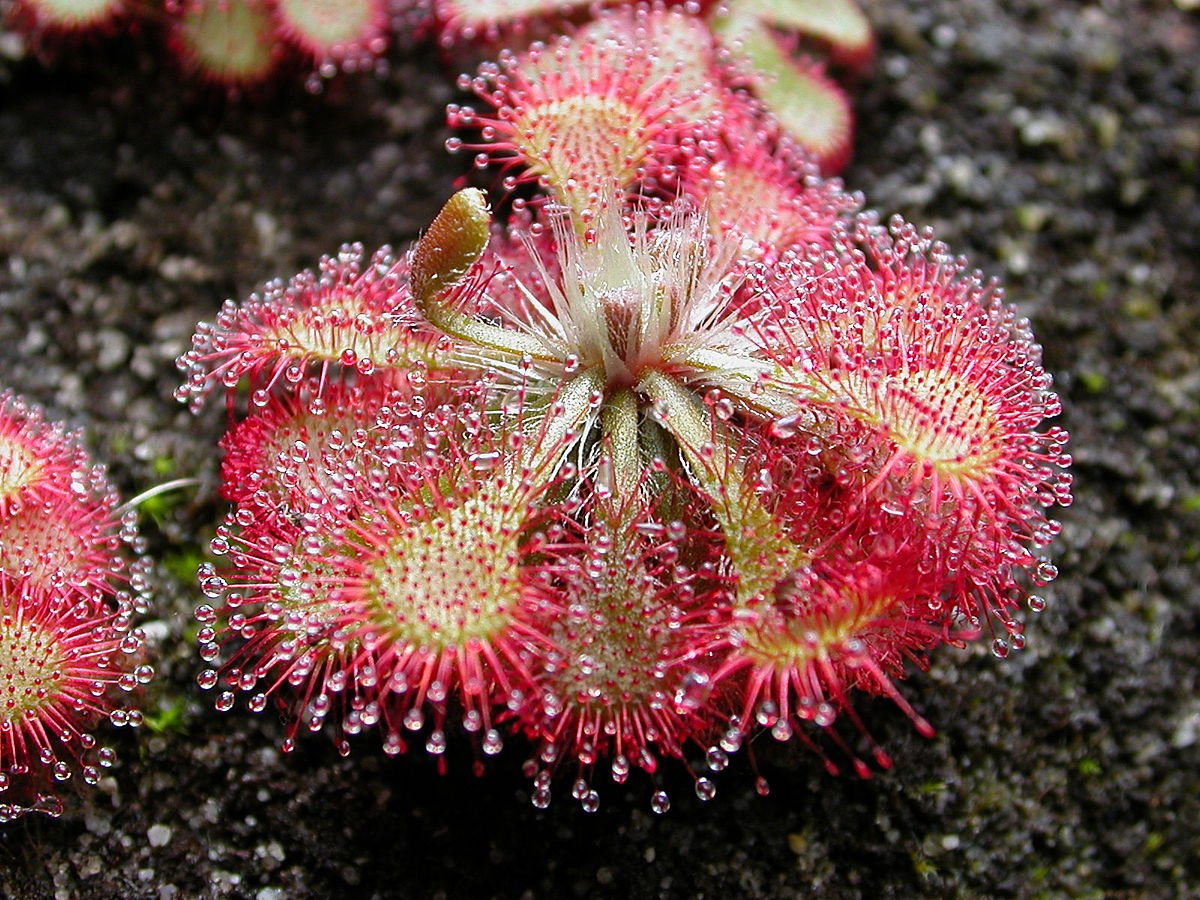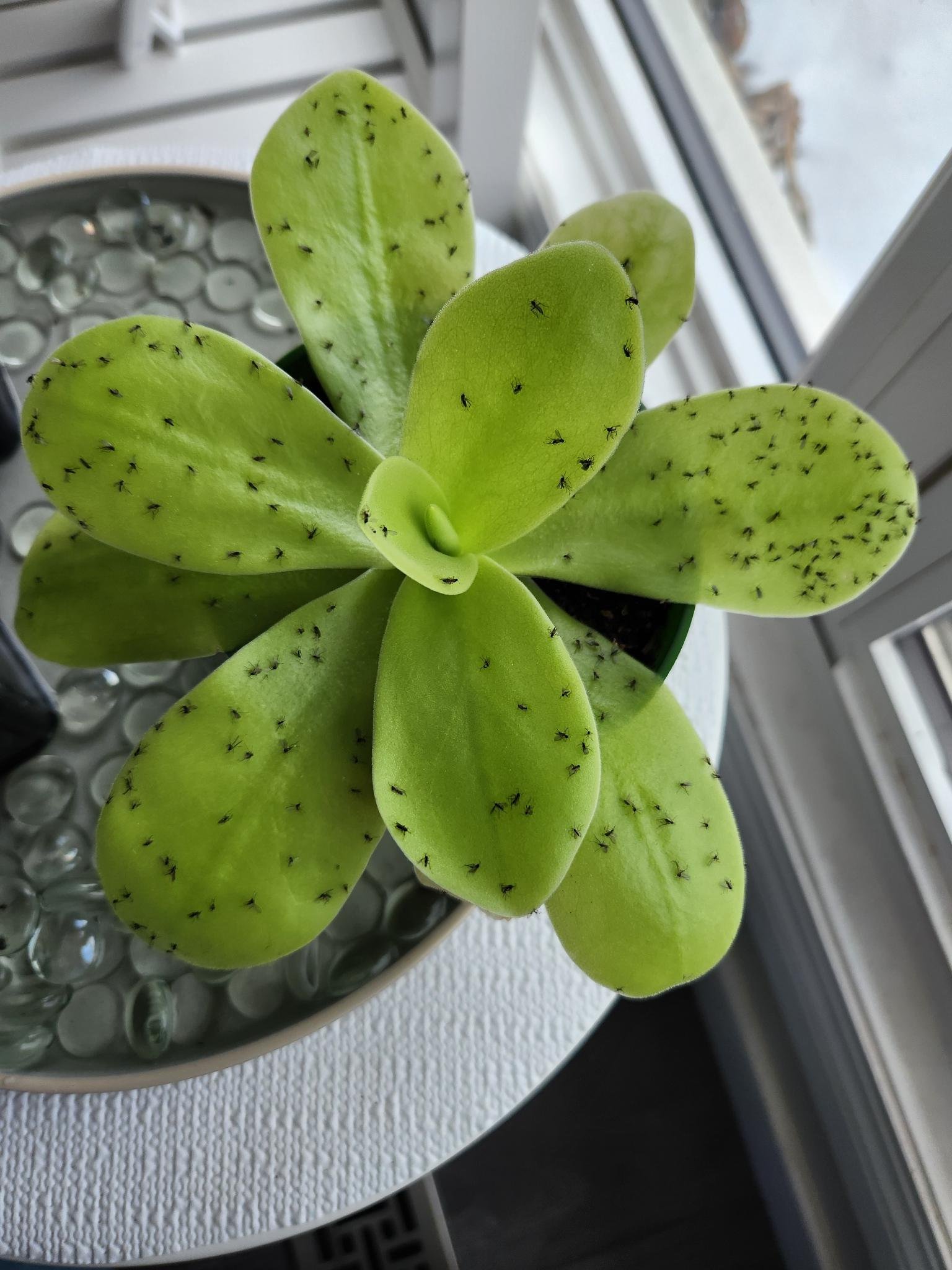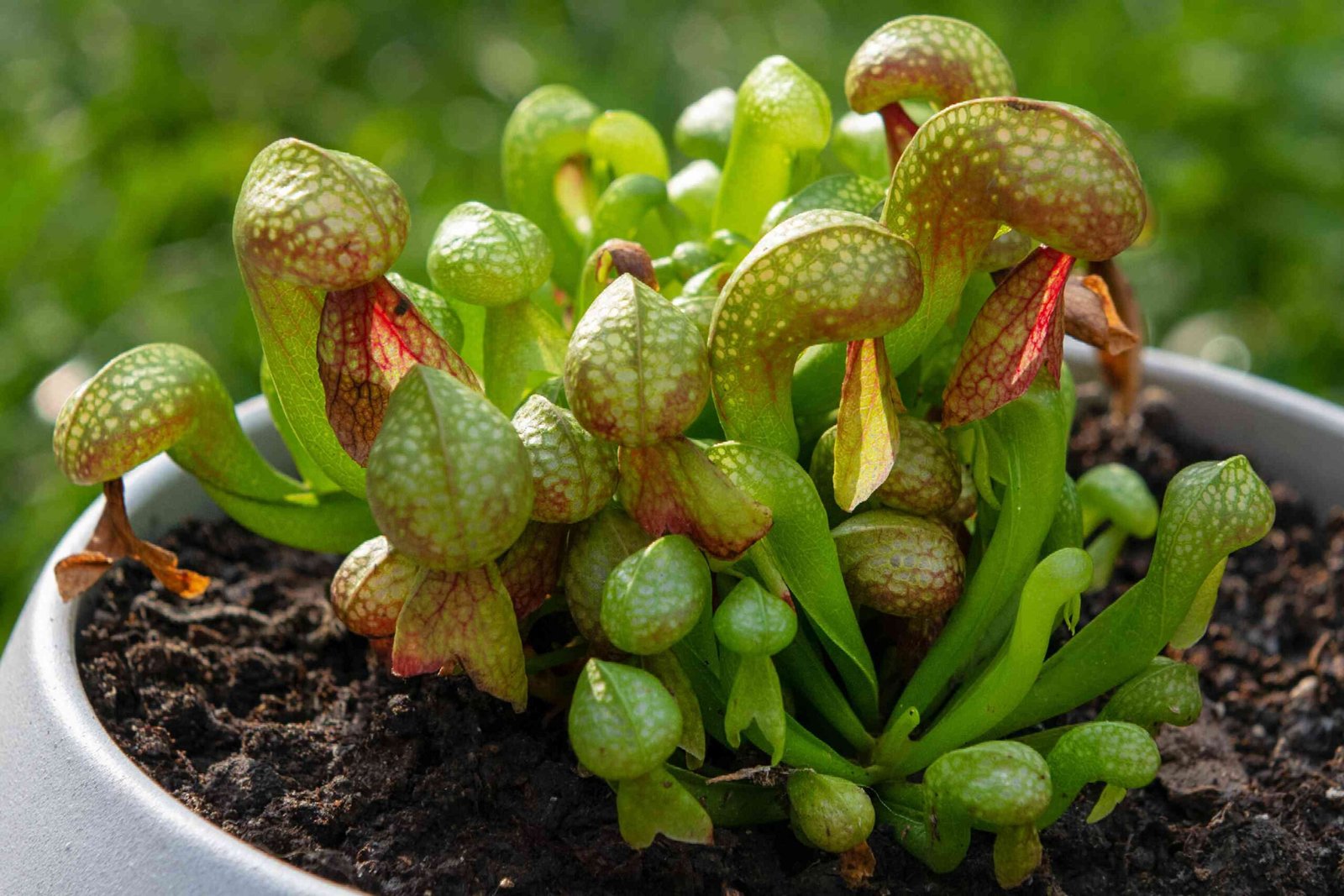Unlocking the Secrets of Monkey Cups: Expert Insights into Cultivation, Care, and Propagation
Introduction
Monkey Cups, scientifically known as Nepenthes, are a captivating genus of carnivorous plants renowned for their unique pitcher-shaped leaves that trap and digest insects. Native to tropical regions of Southeast Asia, Madagascar, and Australia, these plants thrive in nutrient-poor environments by deriving essential nutrients from their prey. This guide provides an in-depth look into the care, propagation, and ecological significance of Monkey Cups, offering valuable information for both hobbyists and seasoned gardeners.
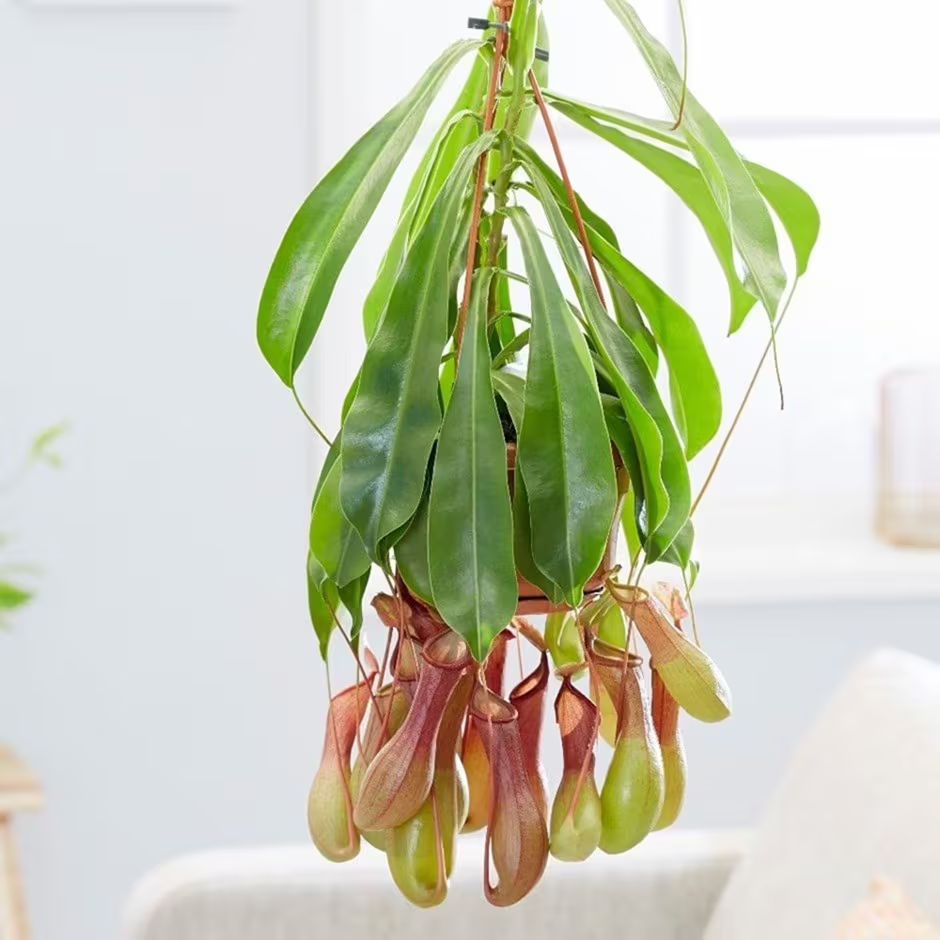
Quick Facts
| Fact | Details |
|---|---|
| Scientific Name | Nepenthes |
| Common Names | Monkey Cups, Tropical Pitcher Plants |
| Native Regions | Southeast Asia, Madagascar, Australia |
| Optimal Humidity | 60-90% |
| Optimal Temperature | 70-85°F (21-29°C) during the day, 50-70°F (10-21°C) at night |
| Soil Type | Well-draining, acidic, nutrient-poor |
| Watering Needs | High humidity, use distilled or rainwater |
Physical Characteristics
Monkey Cups are noted for their stunning pitcher-shaped leaves that dangle from tendrils. These pitchers, which can vary greatly in size and color, are designed to trap insects. The inside of the pitcher is slippery, causing insects to fall into a pool of digestive enzymes. The plant absorbs nutrients from these digested insects, supplementing the poor soil nutrients in its natural habitat. The pitchers can range from a few inches to over a foot in length, and colors can include green, red, purple, and spotted variations.
Nutrition, Foods to Avoid
Monkey Cups primarily derive their nutrients from the insects they capture. It is important not to fertilize these plants with traditional fertilizers, as they are adapted to low-nutrient environments and can be harmed by excessive nutrients. Instead, ensure they have access to natural prey like flies, ants, and other small insects.
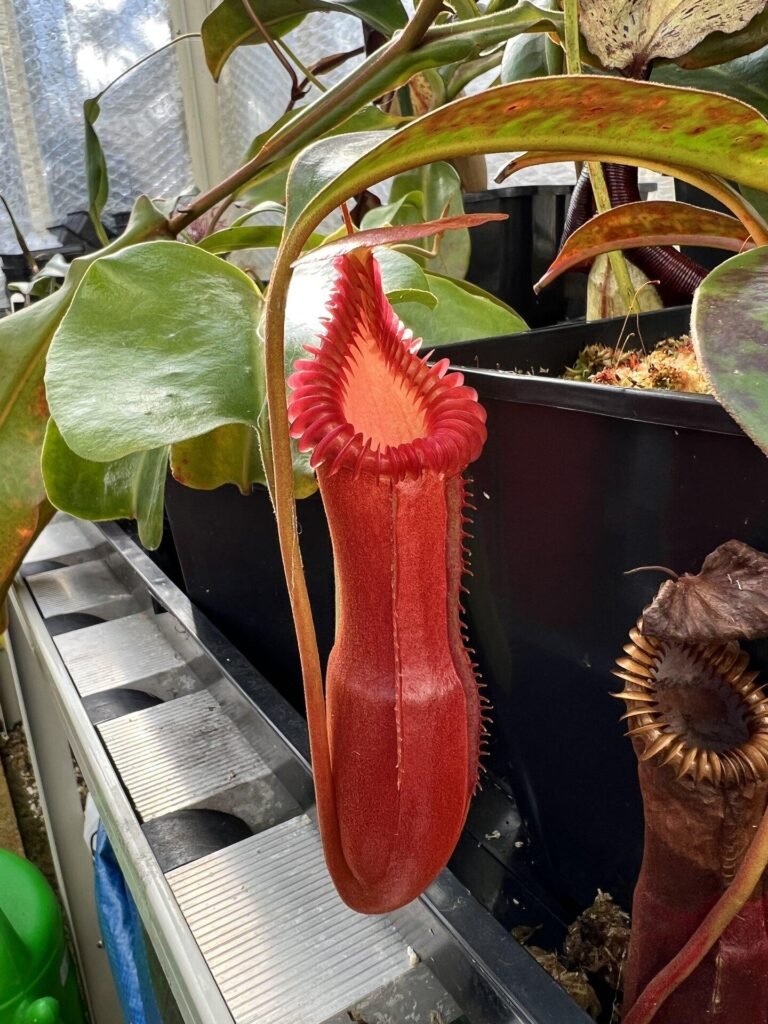
Health and Diseases
Monkey Cups are generally robust but can be susceptible to root rot if overwatered or if the soil is not well-draining. They can also be affected by pests such as aphids and spider mites. Ensuring proper watering practices, high humidity, and good air circulation can help prevent these issues.
Propagation Methods
Propagation of Monkey Cups can be achieved through:
- Cuttings: Stem cuttings can be rooted in a humid environment.
- Seed: Growing from seed is a slow process and requires specific conditions for germination.
- Tissue Culture: An advanced method used for large-scale propagation.
Pricing Information
| Type | Average Price |
|---|---|
| Small potted plant | $20 – $40 |
| Mature potted plant | $40 – $100 |
| Rare species | $100 – $500+ |
Factors Affecting Price
- Plant Size and Age: Larger, more mature plants typically command higher prices.
- Species and Rarity: Rare or unusual species are more expensive.
- Health and Condition: Plants in optimal health with well-formed pitchers are more valuable.
Price in Different Regions
| Region | Average Price |
|---|---|
| USA | $40 |
| Europe | €35 |
| Asia | ¥3000 |
FAQs
Q: How often should I water my Monkey Cups?
A: Keep the soil consistently moist but not waterlogged. Use distilled or rainwater to avoid mineral build-up.
Q: Can Monkey Cups be grown indoors?
A: Yes, Monkey Cups can thrive indoors if provided with high humidity, bright indirect light, and appropriate temperatures.
Q: Do Monkey Cups need a dormancy period?
A: Most species do not require a dormancy period, but it depends on the specific species. Some highland species may benefit from cooler night temperatures.
Related Plants
Other carnivorous plants like Sundews (Drosera) and Venus Flytraps (Dionaea muscipula) share similar care requirements and can be grown alongside Monkey Cups.
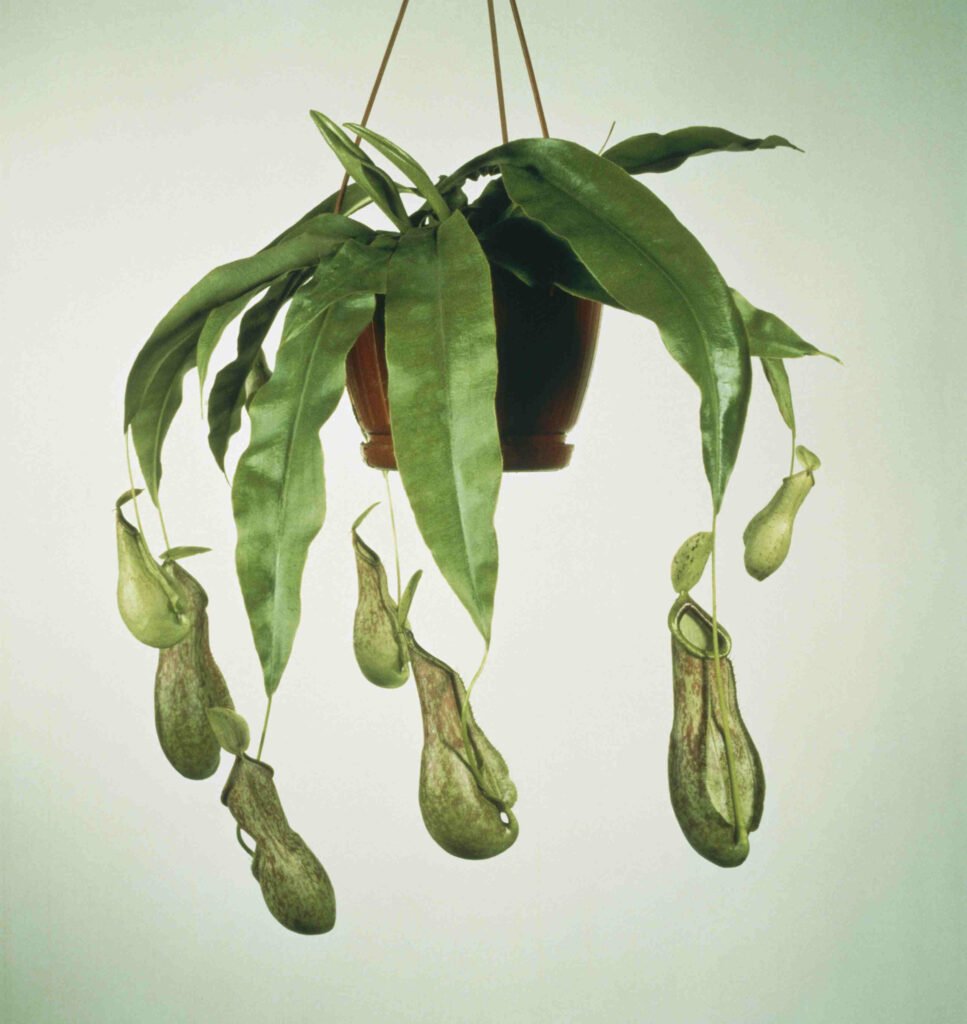
References
- International Carnivorous Plant Society
- Botanical Society of America
- National Geographic: Carnivorous Plants
Categories
Carnivorous Plants, Indoor Gardening, Exotic Plants, Plant Propagation, Sustainable Gardening
This comprehensive guide provides all the essential information needed to cultivate and care for Monkey Cups successfully. Whether for personal enjoyment or as part of a larger collection, these fascinating plants offer a unique and rewarding gardening experience.
Views: 9

